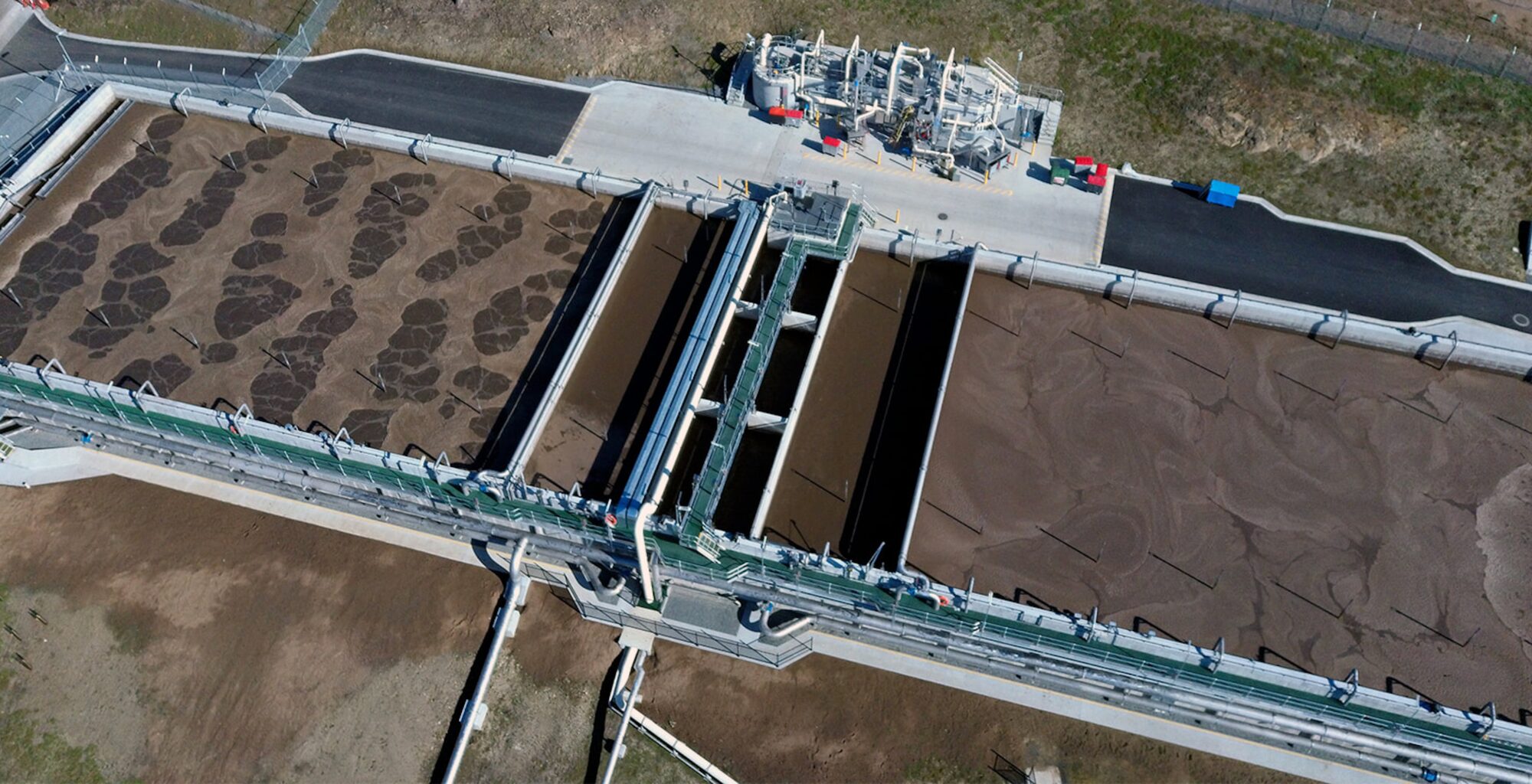-
ACCIONA and innovation
ACCIONA and innovationWE MAKE PROJECTS A REALITY THAT HELP THE PROGRESS OF SOCIETY AND RESPECT FOR THE ENVIRONMENT
-
Challenges
ChallengesDO YOU HAVE AN IDEA OR PROJECT?
- LAUNCH YOUR PROPOSAL

ACCIONA is participating in the European COMECOCO2 project, which aims to validate an efficient green methanol production system (based on high-temperature co-electrolysis) for direct application in maritime transport—one of the sectors with the greatest carbon footprint.
Green methanol is emerging as a promising alternative for decarbonizing high-energy-demand sectors seeking to transform in terms of efficiency and sustainability. At present, most methanol production relies on natural gas reforming, an energy-intensive process that generates high greenhouse gas emissions.
In the search for more sustainable pathways to produce methanol, the project will develop a system that combines the generation of synthesis gas via high-temperature co-electrolysis of captured CO₂ and water vapor, followed by the conversion of that gas into methanol in an advanced catalytic reactor. The system will be integrated into a Wastewater Treatment Plant (WWTP) and will use CO₂ from the biogas produced at the WWTP, as well as reclaimed water from the plant to produce the steam required to feed the co-electrolysis subsystem. This will not only reduce the carbon footprint of the methanol, but also increase circularity in the water-treatment sector by creating a new source of value for the WWTP in the form of captured CO₂ and reclaimed water suitable for co-electrolysis.
Project technology
As an alternative to other green methanol production methods—such as biomass gasification or biogas reforming—the project’s technological approach explores co-electrolysis and catalysis. This will enable current barriers to be overcome: high costs, low efficiency, and limited durability of the materials used.
The technology to be developed under COMECOCO2, which will avoid the use of critical raw materials, will deliver process efficiency above 65% and energy consumption 25% lower than conventional green methanol routes—thereby reducing fuel costs and helping to strengthen the industrial value chain for synthetic fuels in Spain and Europe.
ACCIONA’s role in the project will focus on studying, designing, installing, and integrating the final methanol-synthesis system in a WWTP, considering both the use of CO₂ from sludge digesters and the reuse of treated wastewater. During this process, the impact of impurities present in the CO₂ and the quality of the water on system performance and operation will be assessed to ensure proper functionality at the plant.
ACCIONA is collaborating on this project with 11 other multidisciplinary entities across Spain. Funding was approved under the call for grants for “Science and Innovation Missions – Transmisiones,” within the Transfer and Collaboration Program of the State Plan for Scientific, Technical and Innovation Research 2024–2027, with a budget of nearly €4 million.
